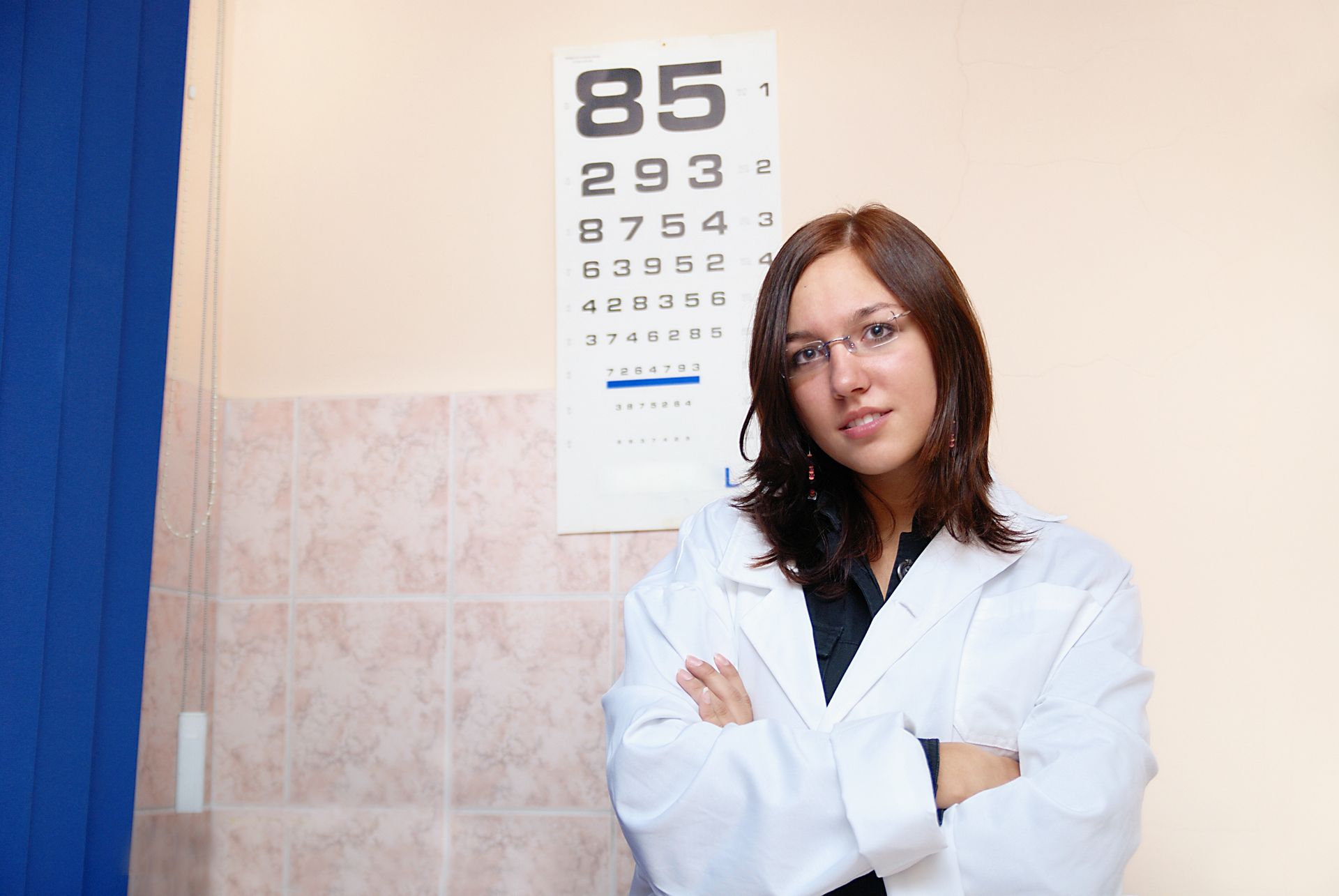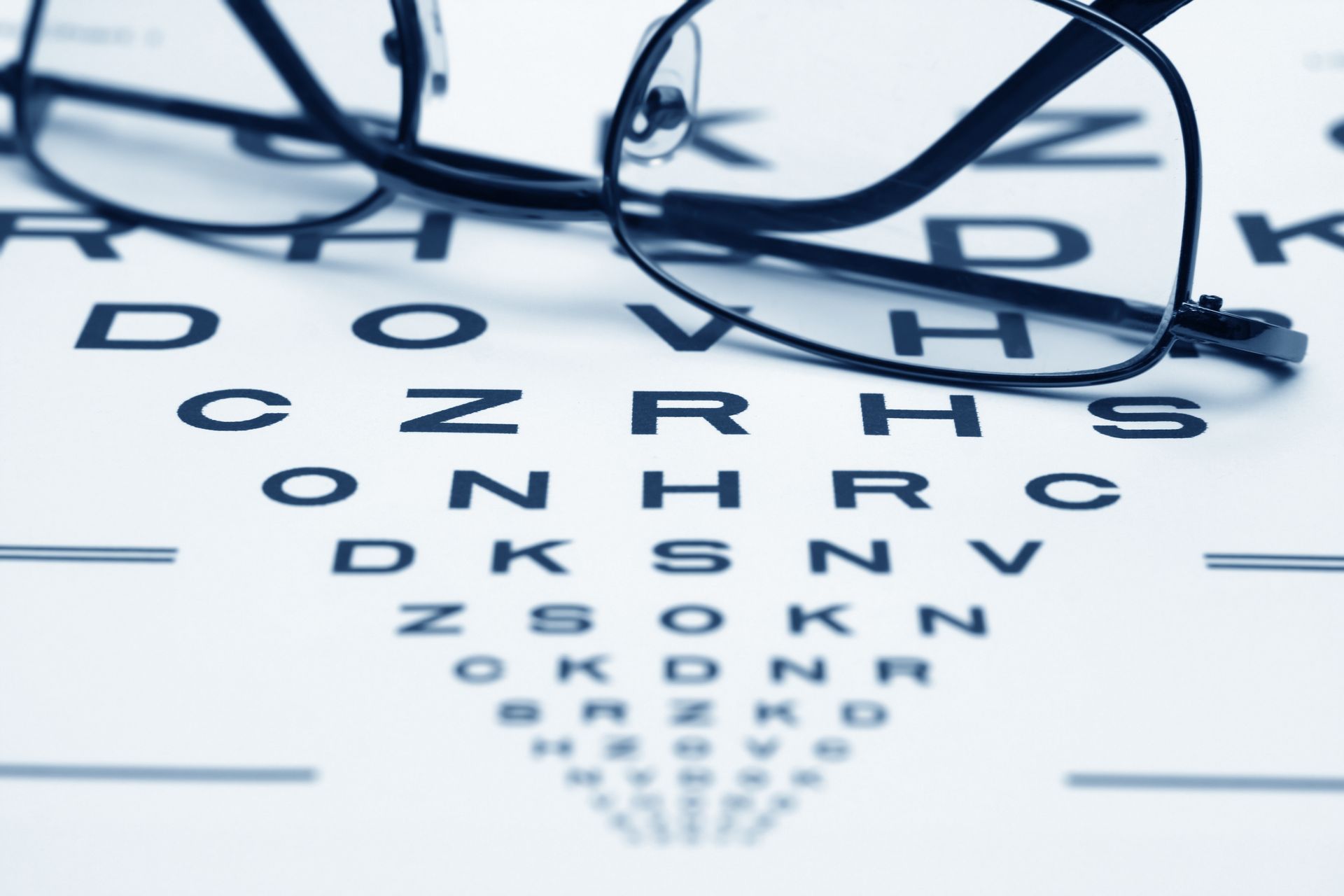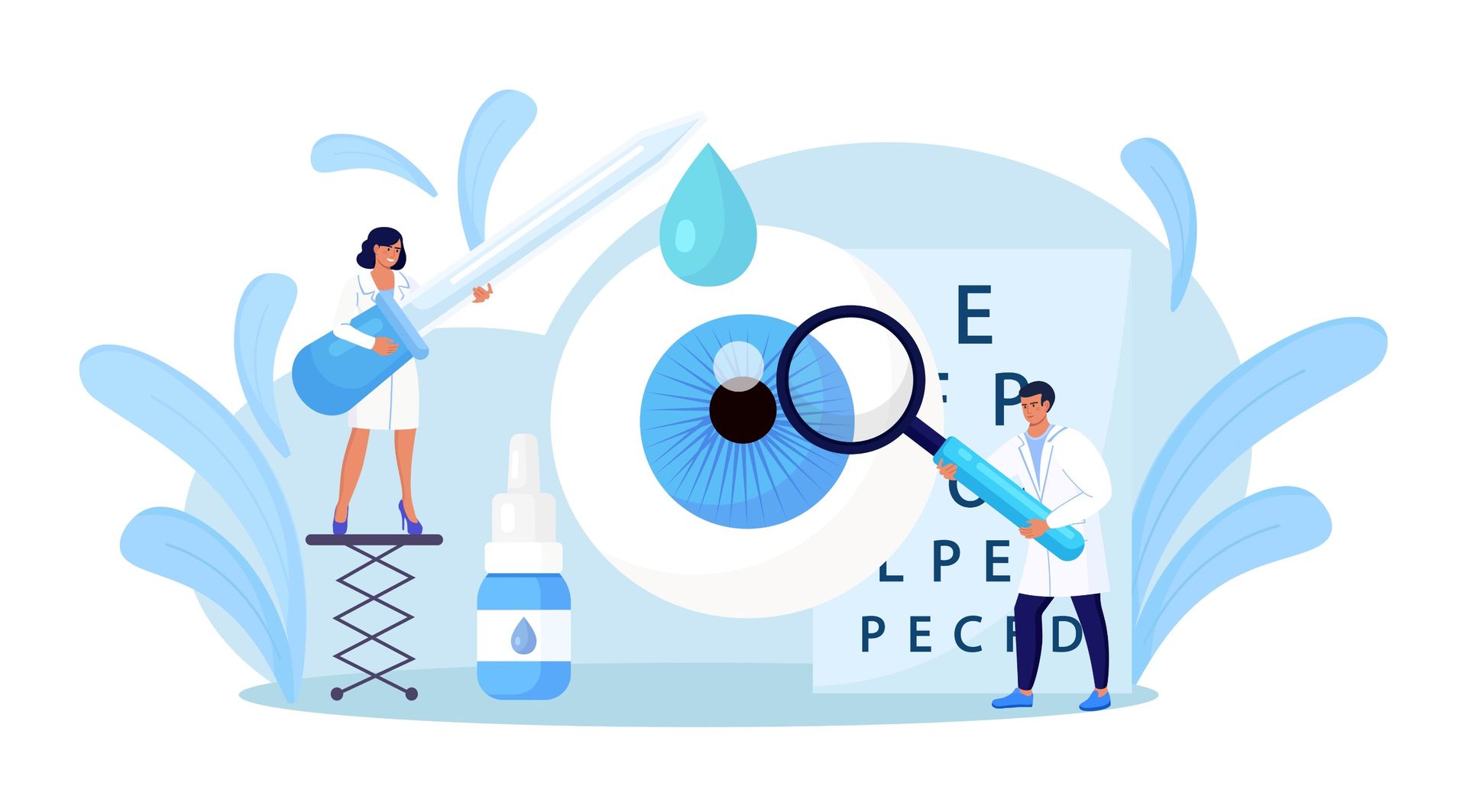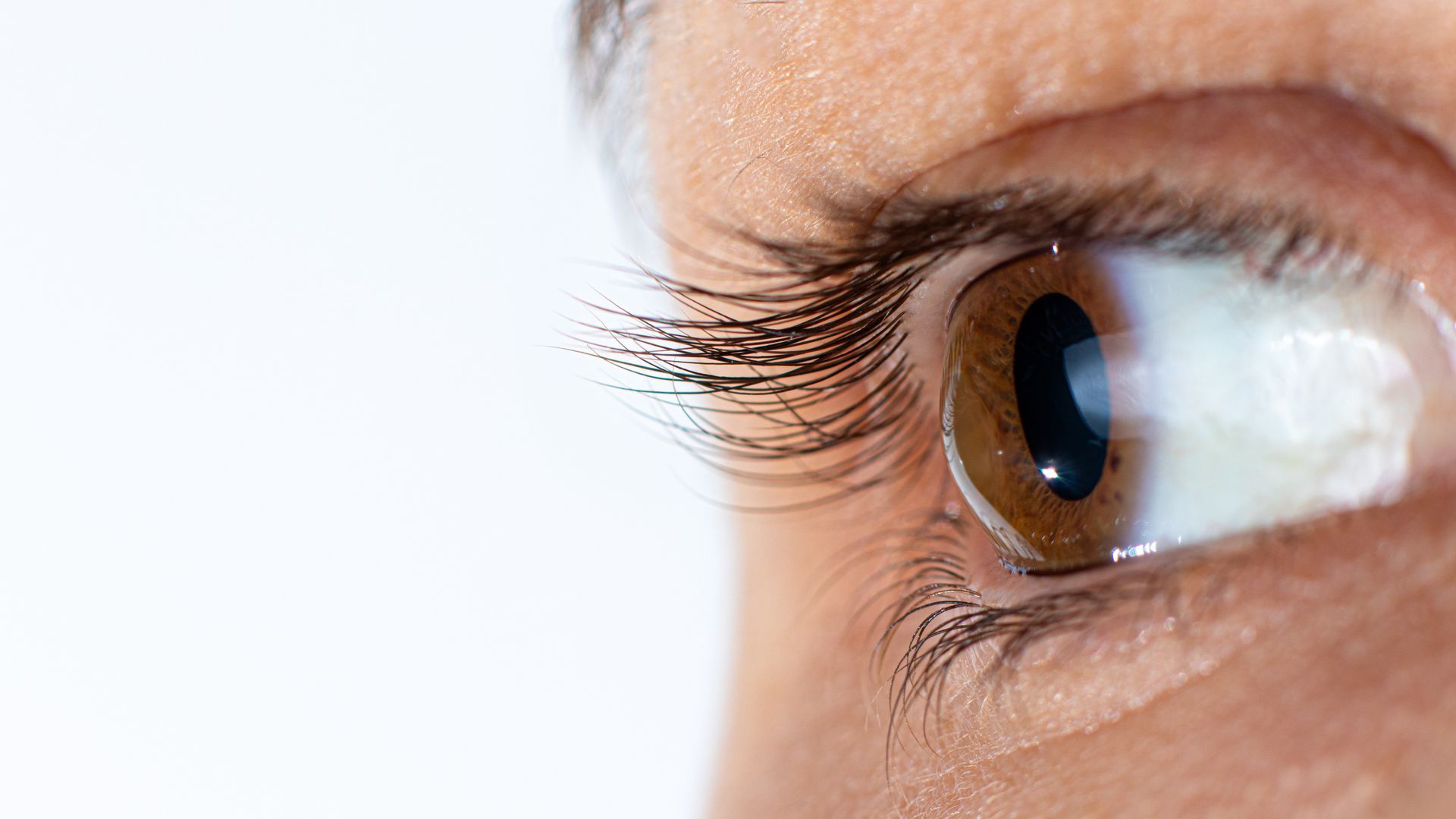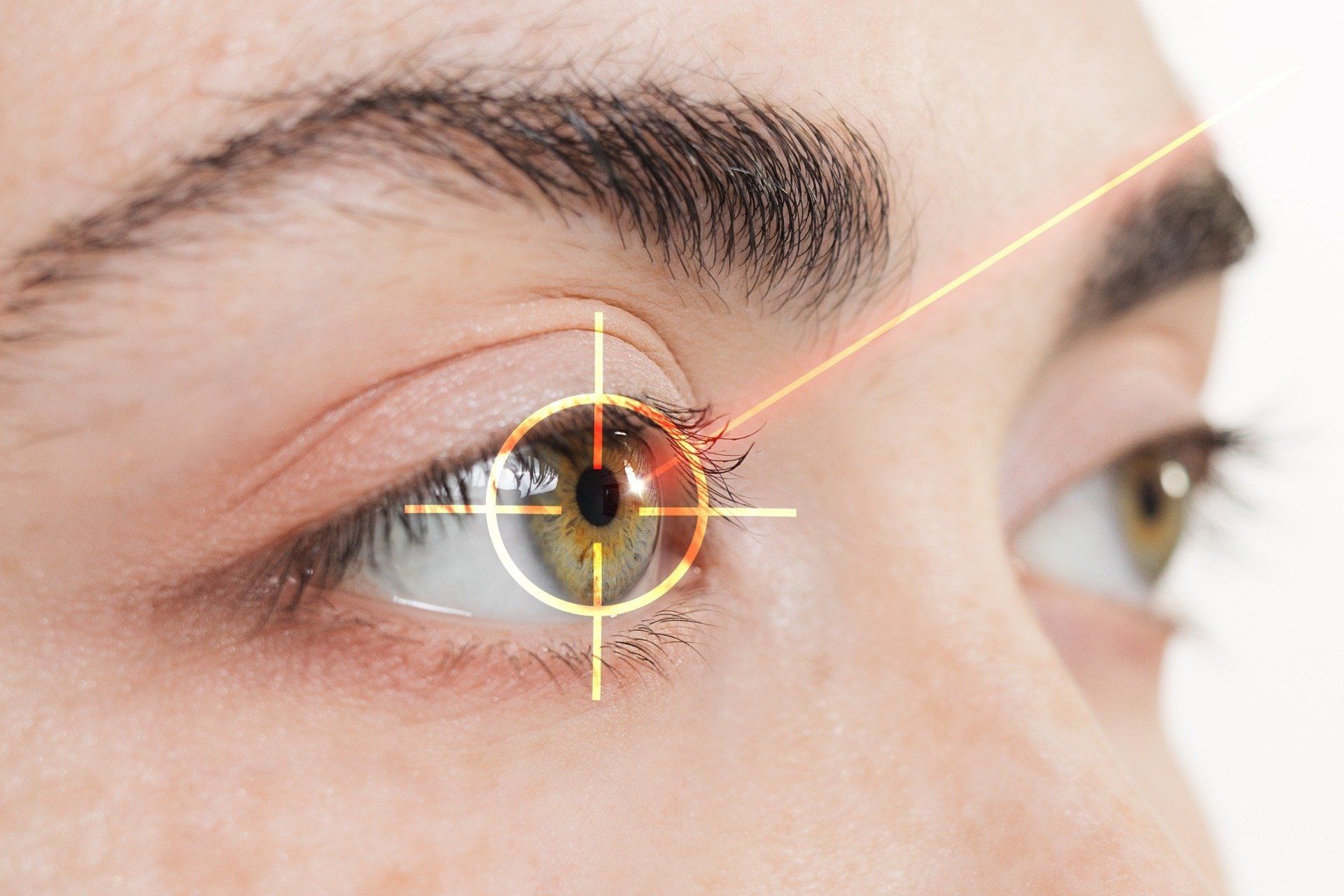What Is The First Sign Of Cataracts?
Cataracts are a common eye condition that impacts many older adults. As people age, early signs of cataracts may appear before the condition is bad enough to cause severe vision loss.
It's vital to know the early stages of cataracts to help diagnose and treat them as quickly as possible, as cataracts impact vision and can worsen your quality of life.
In this guide, we'll go over some crucial information on cataracts, including:
- What are cataracts?
- What are the signs as cataracts begin?
- What are ways to keep cataracts from getting worse?
- What is cataract surgery, and how does it help?
The Angier eye care team at Holly Springs Eye & Laser can help individuals with developing cataracts or more pronounced cataracts. Please give us a call today to request an appointment or to learn more.
What Are Cataracts?
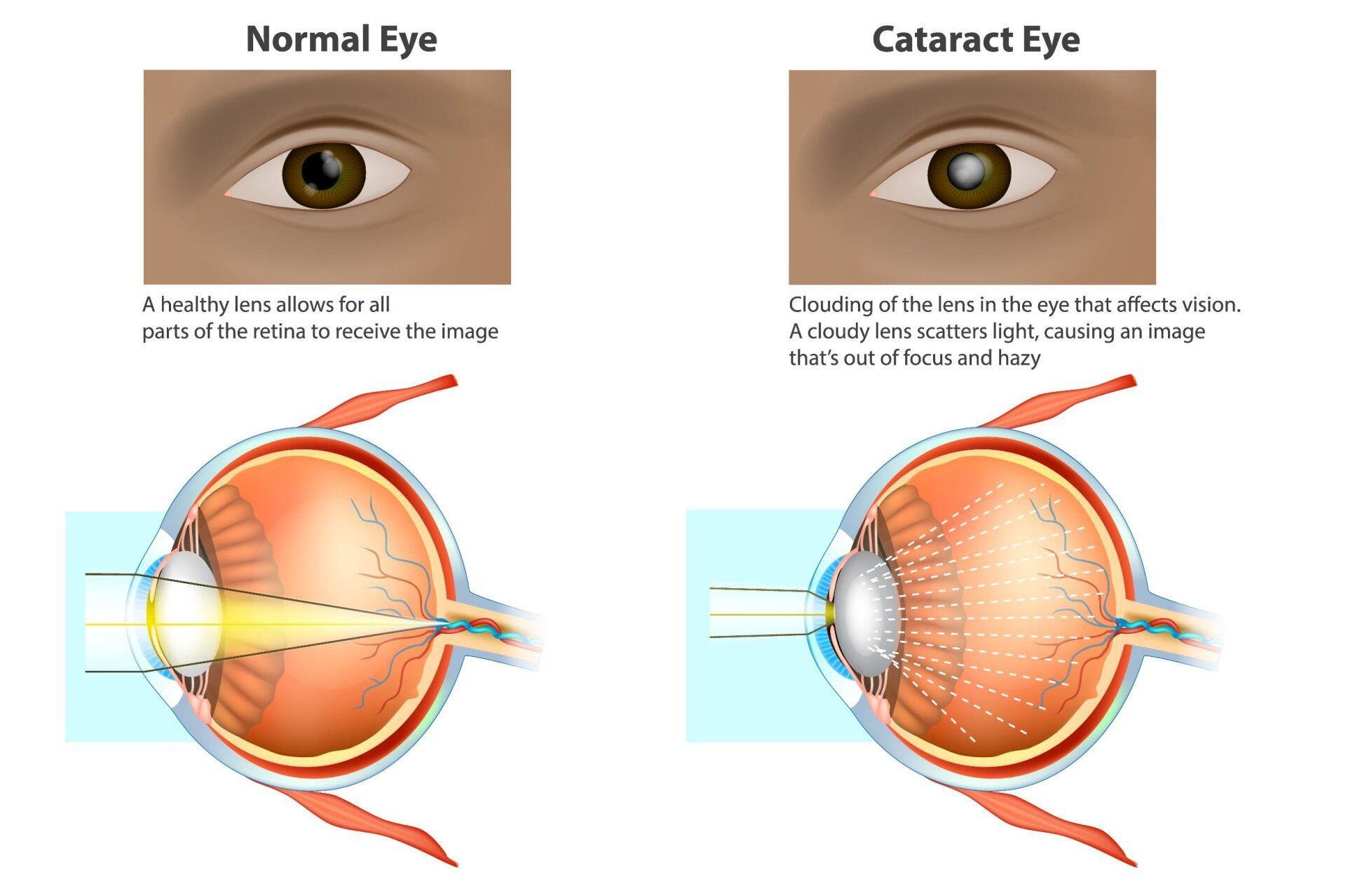
Your eyes are made up of many parts, such as the retina. One of the essential parts of your eye is the lens that covers the outside and transmits light.
In people with normal vision, the lens is clear and transparent. This is the case for most young adults, but as people age, the lens can become cloudy. A cloudy lens is called a cataract.
Do Cataracts Always Harm Your Vision?
When cataracts begin, they are usually unnoticeable and won't impact eyesight. Cataracts develop slowly, but as they worsen, they can lead to many vision concerns such as double vision and blurry vision.
In the early stages, as cataracts progress, wearing corrective eyewear and using better lighting can help mitigate vision issues, but cataract surgery is often necessary to ensure good vision.
Because impaired vision due to cataracts makes it difficult to read, drive, and more, it's important to get an eye exam to determine the best treatment course.
What Are The Signs Of Early Stage Cataracts?
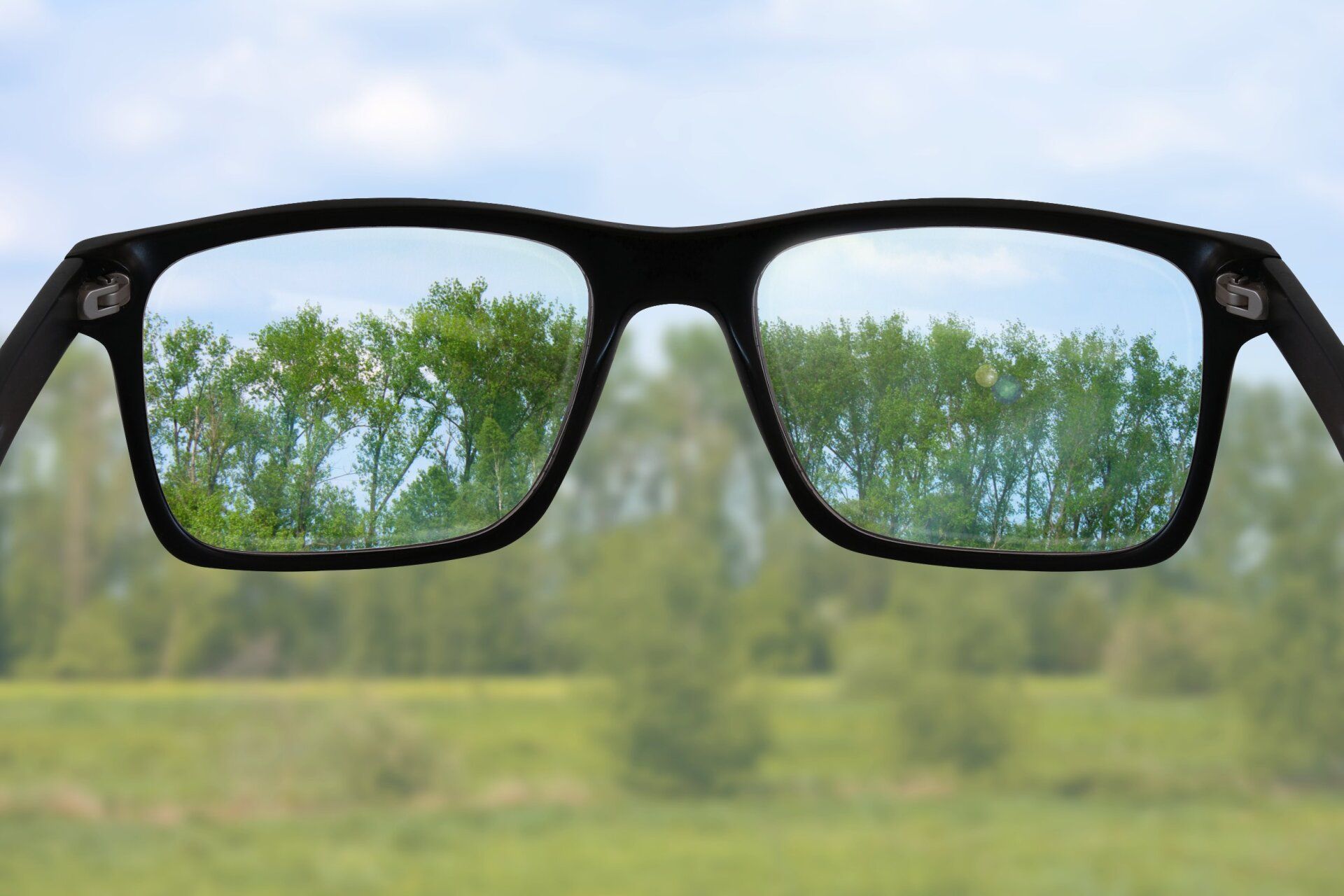
Since cataracts worsen over time, you might not notice the changes at first. Knowing these early warning signs is crucial so that you can get help from an ophthalmologist right away.
The early signs of cataracts include:
- Cloudy vision
- Light sensitivity, especially yo bright lights
- Blurry vision
- Double vision but primarily in one eye
- Decreased nighttime vision
- Rapidly changing prescriptions for glasses or contacts
Cataracts start relatively small in one part of the eye's lens, so you might be able to compensate for them at first. But, as decreased vision interferes more and more with your life, it's crucial to prevent cataracts by booking an appointment with an eye doctor.
Can You Slow Down The Progression Of Cataracts?

Unfortunately, cataracts can't be reversed, but it is possible to replace the damaged natural lens with an artificial one through cataract surgery. But, because cataracts develop slowly, it's also possible to keep them from progressing by following a few steps under the direction of your doctor:
- Eat a diet that promotes good eyesight. Eating a lot of whole grains, leafy greens, nuts, and fish is best. Ensure you discuss any dietary changes with your primary care physician.
- Wear sunglasses and a wide-brimmed hat to protect your eyes from the sun when outside.
- Consider using eye drops. Ask your eye doctor about options.
- Work with your doctor to see if any medications could have side effects that cause cataracts.
- Get routine eye exams to catch cataracts and other eye problems as quickly as possible.
If the cataract has gotten bad enough to impact your life negatively, cataract surgery might be the best choice to correct your vision and get back to your life. The longer cataracts are left untreated, the worse they will become.
What Is Cataract Surgery?
Cataract surgery is a relatively routine procedure that is very effective and safe. During the surgery, the ophthalmologist removes the clouded lens and replaces it with an artificial one called an intraocular lens. While the artificial lens might not be a natural part of your body, it acts similarly and sits in the same position. It is also permanent.
Another similar option is removing the cataract without placing the artificial lens. This kind of procedure is performed when specific eye problems make it impossible to plan the new lens. Individuals use contact lenses or glasses to improve their vision in these cases.
How Long Does Cataract Surgery Take?

While most people are put off by the word surgery, the truth is that cataract surgery is a rather straightforward procedure that involves a local anesthetic. It's an outpatient treatment with minimal risks. After the procedure, some patients feel discomfort for a few days, but the healing process usually takes less than a month.
If you have questions about the risks and healing process, you should talk to your Raleigh eye doctor. Dr. Khan has performed many cataract surgeries and is happy to walk you through the process to put your mind at ease. He and the rest of the team at Holly Springs Eye & Laser work to create a calming, caring environment that's not stressful, even when you're getting surgery.
Request An Eye Exam Today
Do you think you're developing cloudy vision or other early symptoms of cataracts? While dealing with clouded vision or other symptoms like increased light sensitivity is frustrating, you can get help with cataracts.
Whether your cataracts are just forming or are more negatively impacting your life, a comprehensive eye exam in Garner at Holly Springs Eye & Laser will diagnose the problem. From there, Dr. Khan will discuss the best treatment plan for you.
Call our office today to request an appointment.




